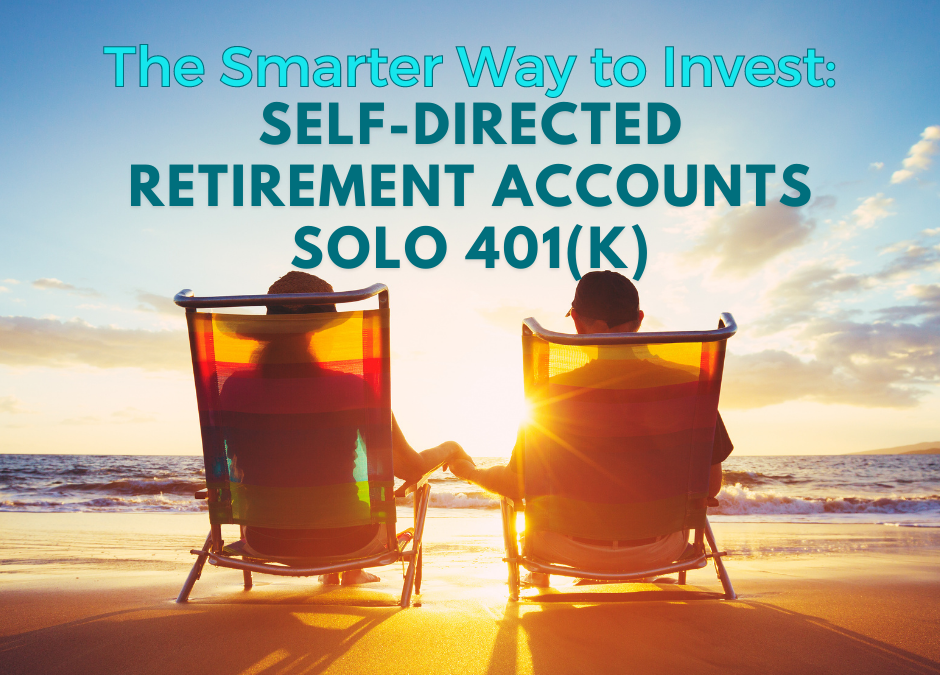In Collaboration with: Steve Maldonado, Nuview Trust Co & Angie Aki, Ohana Investment Partners
The Smarter Way To Invest: Self-Directed Retirement Accounts – Solo 401(k)
Life is busy and taking control of your future through proper financial planning and goal setting can feel overwhelming for some. Our goal is to take the overwhelm out of investing, and real estate investing. Learn how self-directed retirement accounts – Solo 401(k) are the smarter way to invest.
Whether you are working a full-time job, running a busy medical practice or juggling entrepreneurship and family life, we realize you are busy.
So many of us work long hours. Our schedules vary from day to day. This makes it challenging to find time for our finances. We are running our businesses, taking the kids to practice, and juggling all the other life and family matters we have to handle. However, it is crucial for busy professionals from entrepreneurs to doctors to secure their financial future. This is through proper retirement planning. The reality is, no one cares more about your financial future and retirement planning than you do.
One way to take control of your future is to open a self-directed retirement account. This is specifically a solo 401(k) plan, if you are eligible for one.
A Solo 401(k) plan is a retirement savings account designed for self-employed individuals. Such as doctors, dentists, other medical professionals who run their own practices as well as other types of entrepreneurs. In order to qualify for this type of plan you can have no other employees within your business other than yourself. Additionally, you must pay yourself as a W2 employee. A Solo 401(k) plan allows you to save for retirement while also taking advantage of tax benefits.
I personally have one of these retirement accounts. It is my favorite way to invest. Because I feel like I am involved in my choice and am in control of my money rather than handing my money over to someone else and seeing how it performs.
Here are some of the reasons why you may want to consider opening a Solo 401(k) plan:
Higher Contribution Limits
One of the primary benefits of a Solo 401(k) plan is the higher contribution limits compared to other retirement plans. Medical professionals and entrepreneurs can contribute up to $58,000 as of 2021. Which is significantly higher than the $6,000 limit for traditional IRAs or the $19,500 limit for 401(k) plans. The contribution limits are even higher for those over the age of 50. As they can make an additional catch-up contribution of up to $6,500. Additionally, these higher contribution limits mean that you can save more for your retirement while also reducing your taxable income.
In order to calculate the specific amount you can contribute, we recommend working with your accountant or payroll representative. This depends on the income you pay yourself through payroll.
Tax Benefits
Another significant advantage of a Solo 401(k) plan is the tax benefits. Medical professionals and entrepreneurs can make pre-tax contributions to the plan. This reduces their taxable income for the year. This means you can pay less in taxes while saving for retirement.
Additionally, any investment gains in the plan are tax-deferred until withdrawal. Which means you, as a medical professional or entrepreneur, will not owe any taxes on the money you make from your investments until you start withdrawing from the plan.
Flexible Investment Options
Medical professionals and entrepreneurs who open a Solo 401(k) plan also have the advantage of choosing their investment options. This means you can invest in a variety of assets. Some of these including: real estate, stocks, bonds, mutual funds, and other alternative assets like notes and gold or silver. This flexibility allows you to diversify your portfolio and potentially increase your investment returns.
This also means you are not “stuck” with whatever investment options are presented to you. Many financial advisors will steer clients to stocks, bonds, annuities, etc because that is what they know.
When you are in control of your investments, you can diversify into other, alternative investment options to diversify. You can invest in what you are interested in and what you know. This may be a note on a real estate investment or investing as a limited partner, or LP, in a real estate syndication.
Both of these investments may be a better option than the stock market, or other typical investments, depending on the returns and your investment goals. Investing within a Solo 401(k) also helps you diversify your investments, which greatly mitigates your risk because all of your “eggs” aren’t in one basket.
Easy Administration
Another benefit of a Solo 401(k) plan is the ease of administration. Medical professionals and entrepreneurs can set up and manage the plan themselves. Without the need for a third-party administrator. This means you can save money on fees and have greater control over your retirement savings.
You can also have checkbook control over these types of accounts. Which means investing can be as easy as: reviewing the investment, doing your due diligence, completing the necessary legal docs (there should always be legal docs in place to protect you and your investment) and initiating a wire transfer.
A Solo 401(k) plan is an excellent retirement savings option for medical professionals who run their own practices and other types of entrepreneurs with one employee, themselves. The higher contribution limits, tax benefits, flexible investment options, and ease of administration make it an attractive choice for many business owners.
Medical professionals and entrepreneurs may want to seriously consider this option and take advantage of this type of plan to take control of their financial future and retirement.
If this is something you are interested in or you already have one set up and are looking for investment options? Please reach out to us at Ohana Investment Partners, and let us know. We can either steer you to someone that can help get one of these accounts. Our experts will set up for you or help you sign up as an interested investor so you get our investment offerings.
Disclaimer: The authors of this article are neither financial nor tax professionals. This information should not be deemed as financial or tax advice. We recommend you reach out to your financial and accounting/tax professional to determine if this plan fits into your financial goals and objectives.

